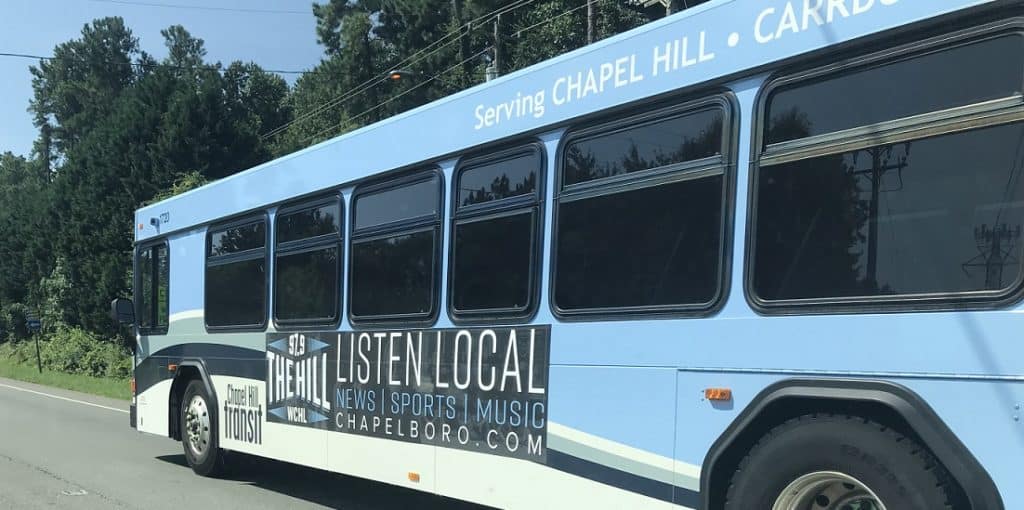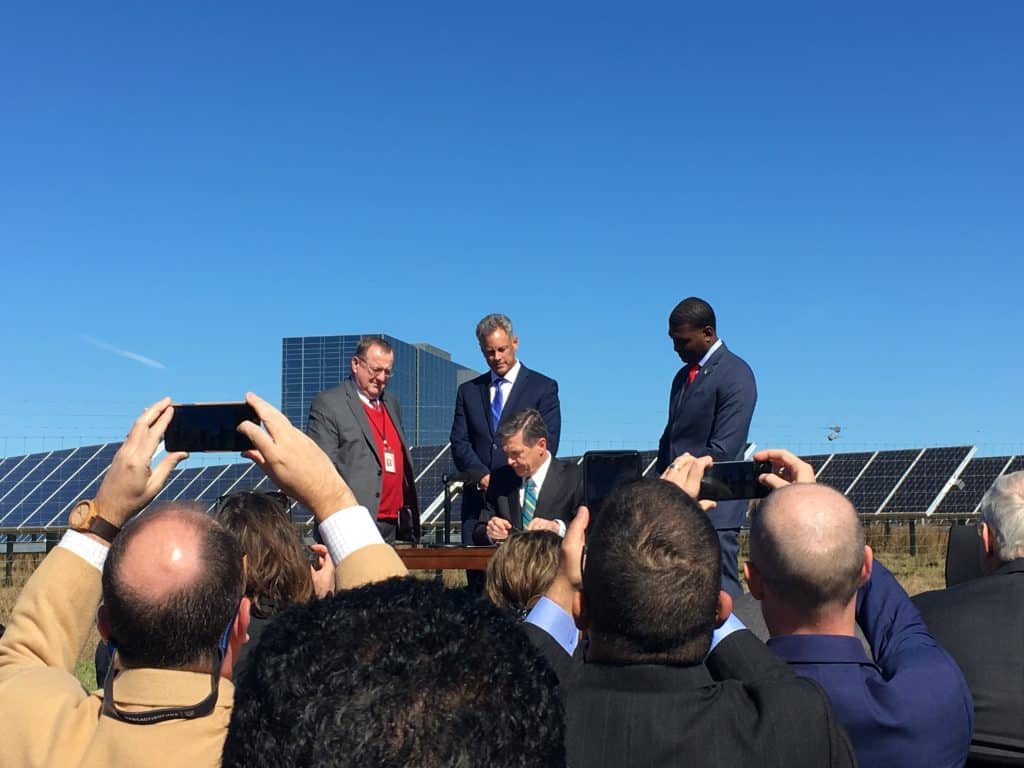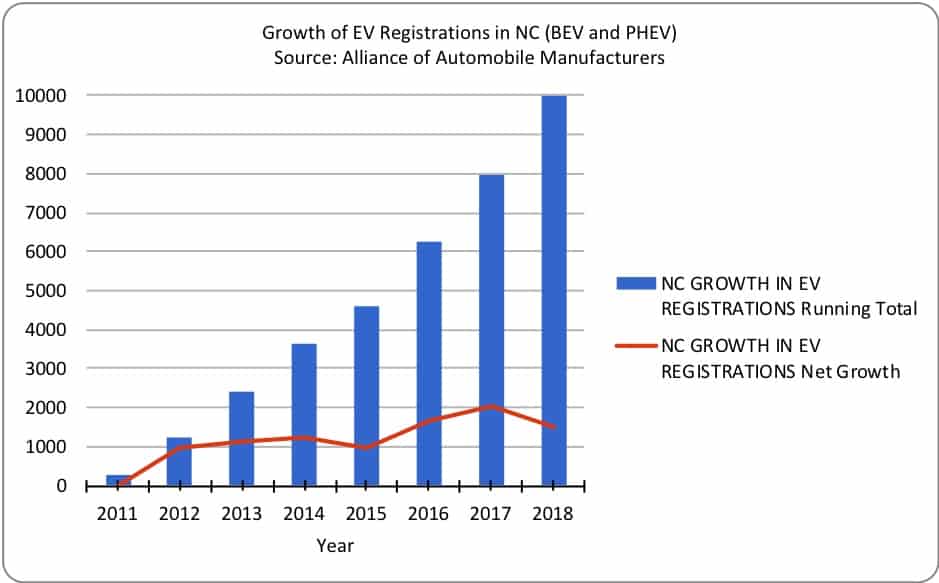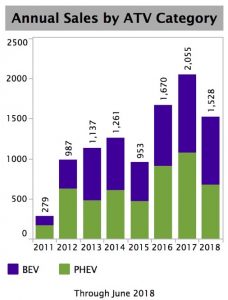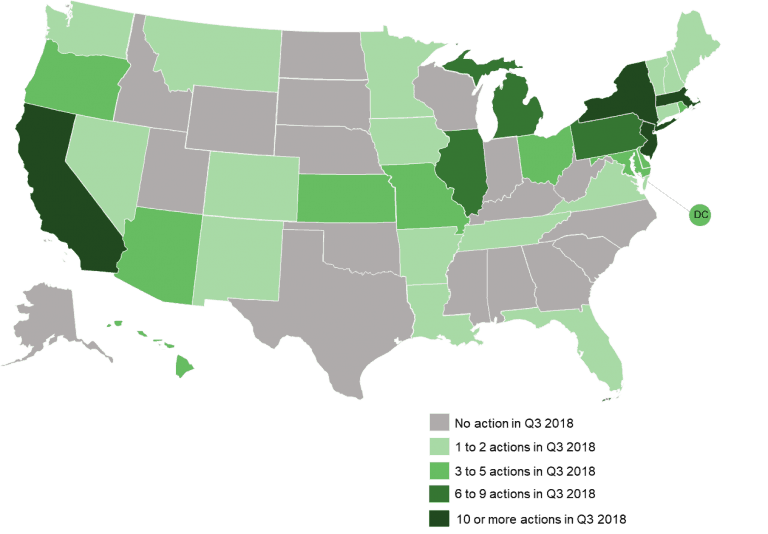EnergyWire recently featured an article “7 Takeaways From a Wild Year for EVs,” covering the biggest news related to electric vehicles in 2018. While electric vehicles are still mostly absent from showrooms, the article stated, signs of progress were apparent in many places last year. In the U.S., the 1 millionth EV was sold, and battery prices continued to drop.
The top 7 takeaways from 2018:
Tesla news: Despite controversy involving Elon Musk’s negative publicity, Tesla hit its 5,000-a-week goal in September, and the Model 3 is by far the top-selling pure-electric car in the US.
New EV pickup truck in the works: Rivian, an auto technology startup, is producing an all-electric pickup truck and SUV with a large amount of specs, including 400 miles on a charge, towing 11,000 pounds, and more. It is expected to arrive around year 2020 or later.
EV charging gets funding: Investment is coming from several quarters, including Volkswagen. Major utilities, seeing an opportunity to sell electrons, are also getting in on the act.
Policymakers and regulators get on board: Many policymakers around the country have made major transportation announcements, including Gov. Jerry Brown calling for California to add 5 million EVs by 2030.
“Invasion of the scooters”: Electric scooters have spread to dozens of cities and have been ridden millions of times, and the companies making them are now worth billions of dollars.
Heavy vehicles make progress: The falling cost of batteries and changing attitude toward carbon emissions and policy changes have moved up the timeline for electric buses and trucks. Dozens of school districts and transit districts also announced they are buying electric buses.
Incumbents step in: GM announced it would lay off thousands of workers, and one reason for it was to double its investment in electric and autonomous vehicles in the next two years. President Trump expressed negative opinions on electric vehicles, and a bill to kill the $7,500-per-vehicle EV tax credit was introduced.
Worldwide and in the United States, electric vehicles had a big year of news and changes – and the state of North Carolina was no exception.
Total EV registrations (both plug-in hybrid electric vehicles and battery electric vehicles) in North Carolina were at 7,946 in 2017, and in 2018, the numbers jumped to 10,001 just through June, representing a 26 percent growth, according to EVadoption.com.
In August 2018, the US Department of Transportation announced that North Carolina’s City of Greensboro, the Research Triangle Regional Public Transportation Authority (GoTriangle), and Chapel Hill Transit were to be awarded a total of $4,225,000 in federal grants for its Low or No-Emission (Low-No) Bus Program Projects, which supports deployment of electric buses into their fleets.
In October 2018, North Carolina Governor Roy Cooper issued Executive Order 80, which calls for the State of North Carolina to protect its environment while growing clean energy technologies. Cooper called for the number of zero-emission vehicles (“ZEVs”) to grow at least 80,000 by year 2025, according to a press release from Gov. Cooper.
Also in 2018, NCCETC unveiled new EV policy research tools with DSIRE Insight, which provides research and analysis services to energy industry professionals. These reports provide concise, useful information concerning state legislative and regulatory developments, along with actions on electric vehicles and charging infrastructure. The series of quarterly reports is available by subscription here.
Check out last year’s 50 States of Electric Vehicles reports here. The complete 2018 Annual Review will be available at the end of January 2019, and can be found on the same webpage or on www.FuelWhatMatters.org.

